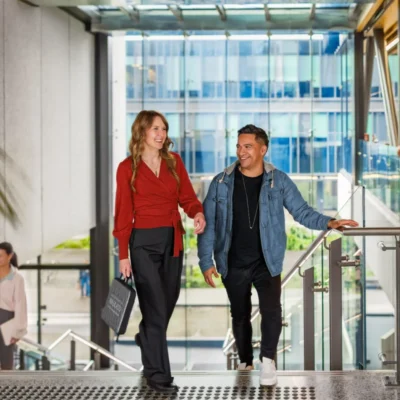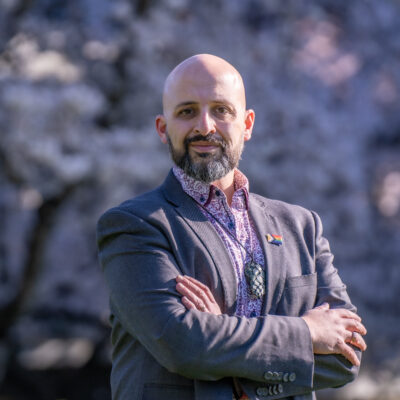How to create in a time of crisis
Coming up with the necessary state of mind for creativity while we’re all dealing with Covid-19 is no easy task. However, Robyn Hill has discovered a strategy that works. I hear […]
Coming up with the necessary state of mind for creativity while we’re all dealing with Covid-19 is no easy task. However, Robyn Hill has discovered a strategy that works.
I hear people talking about this period of restrictions as an opportunity to innovate, and I agree it is – resilience is, ideally, about thriving not just surviving.
However, many of us are in survival mode right now – resilience is being tested and many of us are, understandably, not in the right head space to get creative. Even acknowledging this to ourselves can create additional pressure.
I do not believe that anyone can be creative when feeling stressed or worried. Those of us who are – or like me were – in the creative arts and industries know that creativity best flourishes at times of calmness, when we are quite relaxed – relaxed enough to let go of the immediate now and embrace our innate curiosity.
In my former career as an architectural designer, it was not uncommon for me to come up with my best ideas during the night – I would gently wake, jot down or sketch ideas on a pad of paper always sitting next to my bed, and then drift off to sleep again. Night-time proved to be more productive creativity-wise than the time I spent sitting in my architectural office’s studio.
Why? In the semiconscious state I had no distractions or stresses – my mind could simply flow.
So, I have been reflecting on how I might be able to replicate the necessary state for creativity at this difficult time, particularly given that the future is so uncertain.
This is what I am trying…
Firstly, I am consciously watching for and eliminating any negative self-talk such as “I’m letting other people down”. As the experts in mindfulness tell us, we don’t need to fight these thoughts – we simply need to let them come and go, and then replace them with positive yet realistic self-talk, such as: “These are hard times for everyone and I’m doing my best”.
Secondly, I am trying to focus on the present and on what I can personally control – I’m breaking things down into ‘manageable bites’ and trying to take a few, small ‘bites’ each day. For me, the adage ‘success breeds success’ is proving true – with each small success my confidence (and calmness) grows.
Thirdly, I am trying to take really good care of myself (eating well, exercising, and getting plenty of sleep) and, as uncomfortable as I am finding it, I am also trying to be as empathetic and compassionate towards myself as I would be to others.
Finally, and essentially, I have cleared space in my diary each week for uninterrupted future-focused time, and I am rigorously protecting that space. While my best ideas for the future have not generally come to me during these scheduled sessions, I am delighted to say that I am once again scribbling ideas on a pad of paper beside my bed during the night, just as I did back in my days as a designer.
In the wise words of Steve Jobs, “Let’s go invent tomorrow rather than worrying about what happened yesterday”.
Robyn Hill is an accredited mediator, a courageous conversation and conflict management coach, a facilitator of important meetings and conversations, and a trainer and presenter on the topic of courageous conversations. She is the director of Courageous Conversations NZ.






